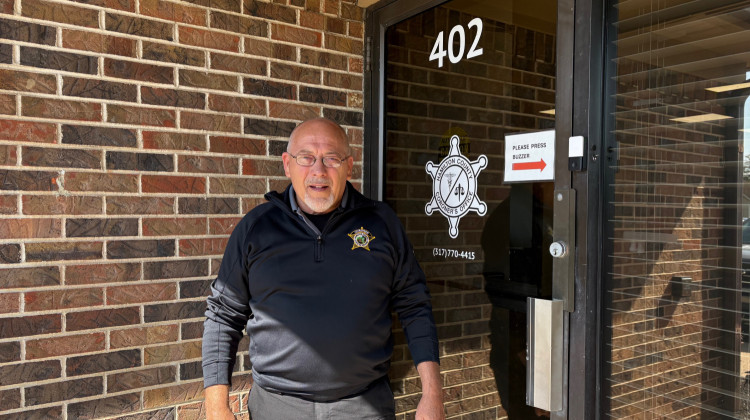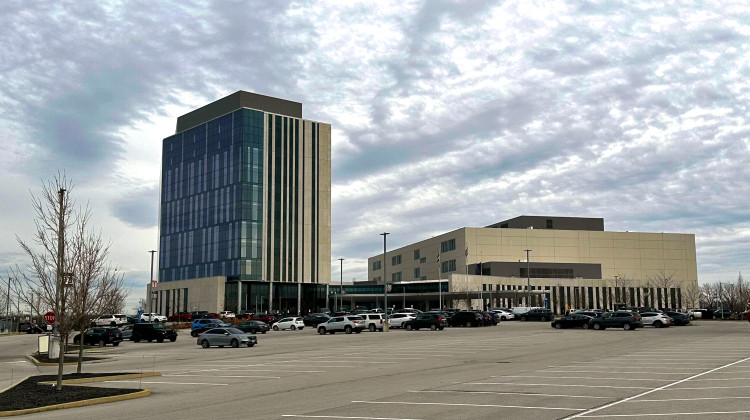Thousands of fragments of human remains are still unidentified decades after a suspected Indiana serial killer died by suicide. The Hamilton County coroner will now get help from a genetic genealogy group to identify victims.
Coroner Jeff Jellison reopened the case in 2022, with the goal to identify thousands of bone fragments found in the woods behind Fox Hollow Farms in Westfield. His aim is to bring closure to families.
“It’s important when we talk about this case, that when we say bones or human remains, they are people,” he said.
It's unknown how many people Herb Baumeister killed. When he was identified as a prime suspect in a series of murders in 1999, he fled the country and shot himself. Jellison took part in a recent docuseries that covered the case.
He said when he started investigating it was clear that the original case was not handled correctly.
"It just stopped when Herb Baumeister killed himself and they identified those eight people, knowing that they still had 10,000 remains left to identify law enforcement and the coroner just stopped,” Jellison said.
The fragments, reportedly the most unidentified remains second only to the World Trade Center site, sat in a closet at the University of Indianapolis for decades.
GenGenies, an investigative genetic genealogy company, contacted Jellison and offered to provide services to Hamilton County at no cost.
In a statement GenGenies Executive Director Britta Brewer said they also want to help bring closure.
“Being part of an effort to help provide answers to families who have been waiting for decades is humbling,” Brewer adds. “We appreciate Jeff’s trust in our team and share the common goal of restoring victims’ names and giving answers to their families.”
Jellison's office has positively identified two more people and there are three more individuals who have been ID’d. He said the help of GenGenies will hopefully lead to more.
"That's huge, you know, to have these folks, one that wants to put the work in," he said, "this investigation is expensive."
Forensic investigative genetic genealogy is an emerging science. It combines advanced DNA analysis with traditional genealogical research, to solve crimes and identify human remains by linking DNA to family trees.
Jellison said this case is made more difficult by the passage of time.
"The mom and dads have passed. We're dealing with brothers or sisters, if they had any, and if we were able to find them, and in some cases, even cousins,” Jellison said. “And these people now are spread out all over the United States. We're swabbing people from Alaska to Louisiana, in this case."
Indiana has a statutory obligation that requires a coroner to identify remains.
Contact WFYI Managing City Editor Jill Sheridan at jsheridan@wfyi.org.
 DONATE
DONATE









 Support WFYI. We can't do it without you.
Support WFYI. We can't do it without you.